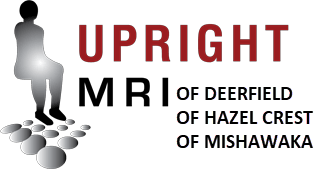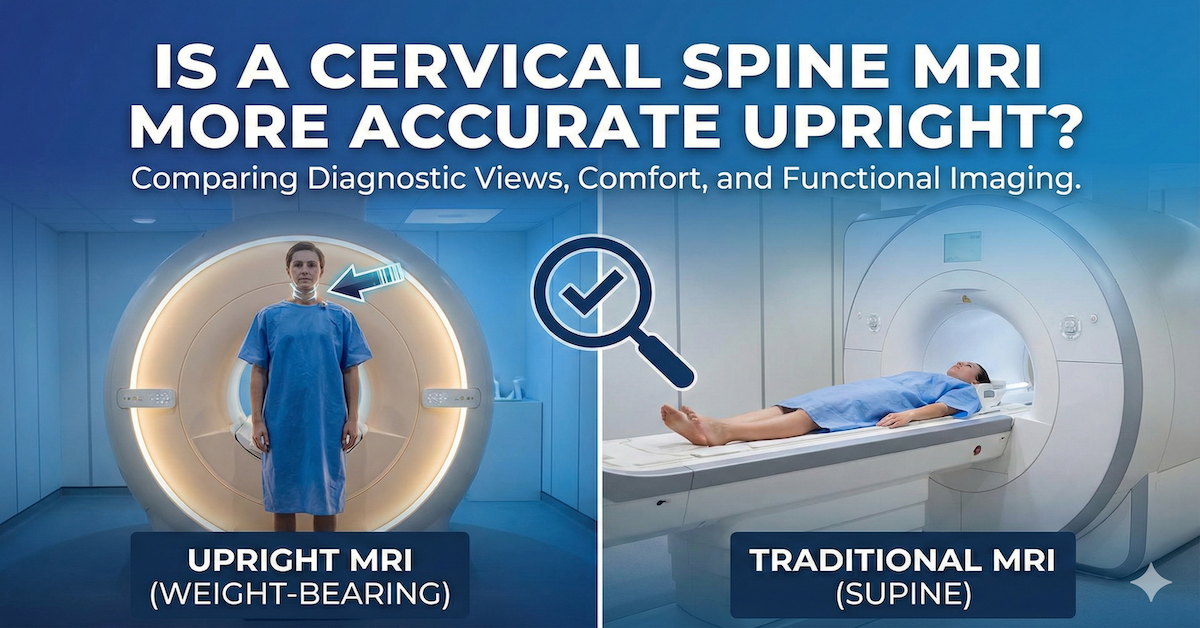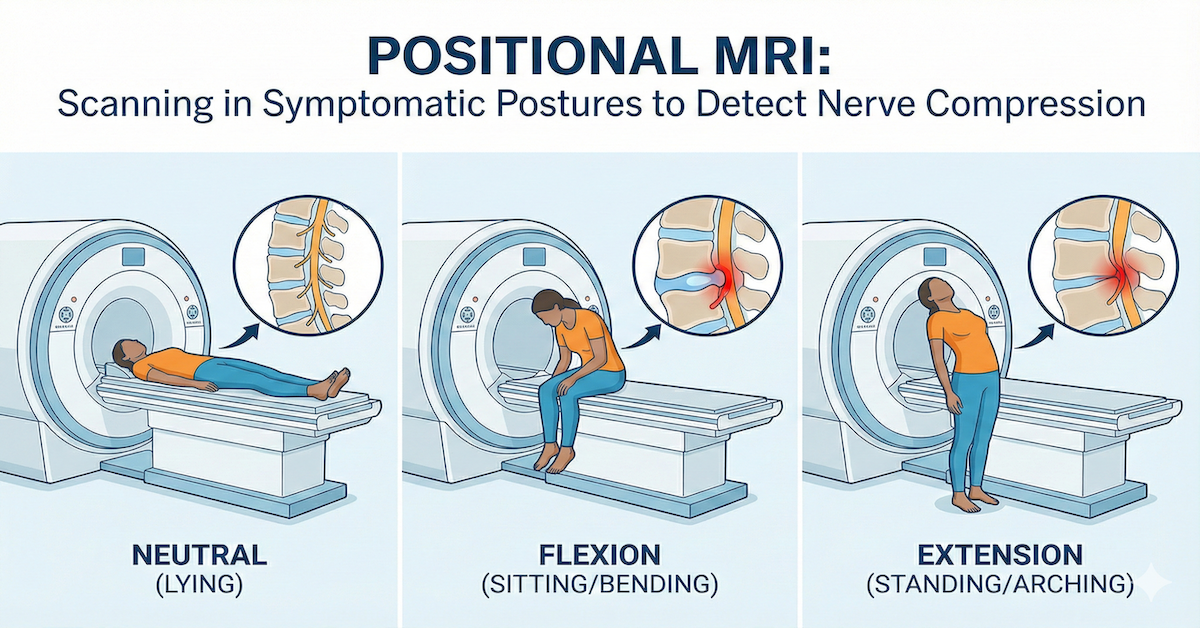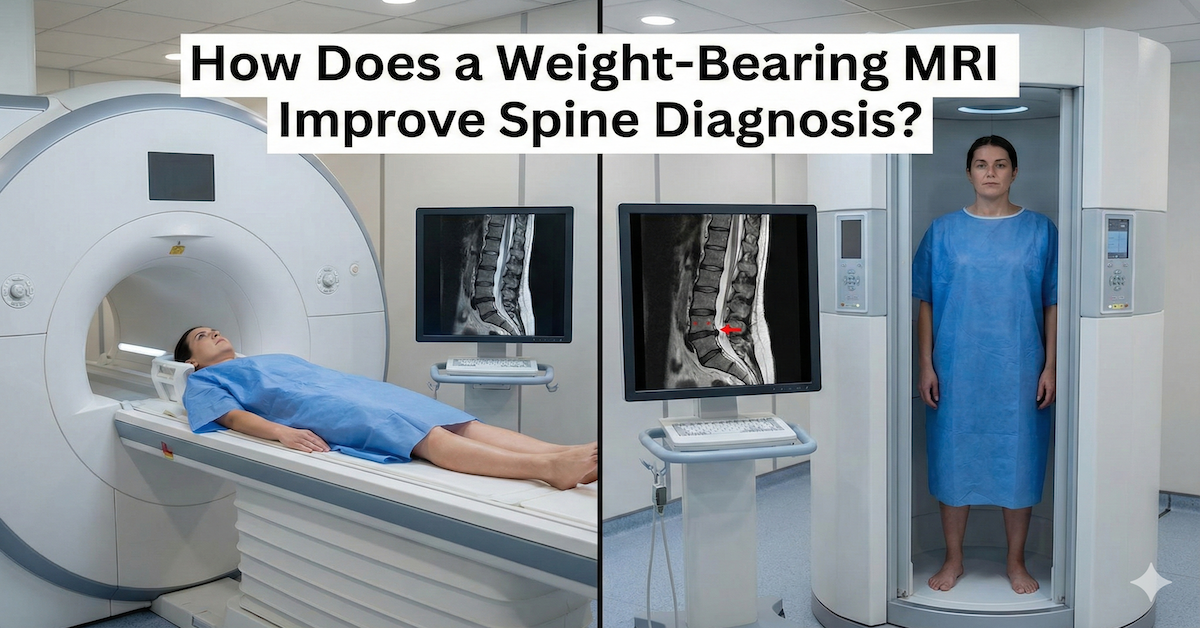Understanding the Purpose and Procedure of MRI Brain Scans
In the world of medical diagnostics, Magnetic Resonance Imaging, or MRI, stands as an effective device for unraveling the enigmas of the human brain. It is a non-invasive imaging strategy that offers detailed images of the brain's interior structures. The importance of brain imaging in clinical diagnosis can not be overemphasized, as it permits healthcare specialists to envision and assess the elaborate workings of the mind, assisting in the identification and therapy of various neurological problems. To comprehend the relevance of MRI brain scans, let's look into the essentials of this technology and discover its advancement in time.

The Basics of MRI
At its core, MRI harnesses the principles of magnetism and radiofrequency signals to generate comprehensive pictures of the mind's soft tissues. Unlike other imaging techniques such as X-rays or CT scans, MRI does not utilize ionizing radiation, making it a much safer alternative for repeated imaging. The modern technology relies on an innovative interaction between a strong magnet, radiofrequency coils, slope coils, and a computer system. These elements operate in harmony to create high-resolution photos that give a nuanced sight of the mind's structure.
Parts of an MRI Equipment
Comprehending the parts of an MRI device clarifies just how this detailed modern technology operates. The magnet, a fundamental component, generates a powerful electromagnetic field, straightening the hydrogen atoms within the body. Radiofrequency coils then emit pulses that disrupt this placement, triggering the atoms to discharge signals as they go back to their original state. Slope coils introduce spatial info, enabling the creation of in-depth images. A sophisticated computer system processes these signals into the graphes that healthcare experts utilize for medical diagnosis.
Why Are MRI Brain Scans Carried Out?
MRI brain checks serve a myriad of analysis purposes. They excel in identifying structural abnormalities, such as tumors, cysts, or blood loss, supplying crucial details for treatment preparation. Beyond structural information, MRI contributes in assessing blood circulation and vascular conditions within the brain. This is specifically relevant in detecting conditions like aneurysms or vascular malformations. Additionally, MRI plays a pivotal duty in researching and understanding mind feature, contributing to innovations in neuroscience.
Getting ready for an MRI Mind Scan
Planning for an MRI involves numerous factors to consider to guarantee the precision and safety and security of the procedure. Person screening is critical to determine any type of prospective contraindications, and communication with the radiology group assists ease any type of worries. People are generally called for to remove apparel and things having metal, as these can interfere with the magnetic field. In some cases, contrast representatives may be carried out to enhance the exposure of specific structures, and patients must be educated concerning the reasoning behind this decision.
The MRI Brain Scan Procedure
As clients go into the MRI suite, appropriate positioning is important for acquiring clear photos. The period of the scan varies, yet interaction with the radiology team can assist minimize stress and anxiety and claustrophobia problems. The treatment itself is pain-free, and the magnetic fields used are not unsafe. However, for those that experience claustrophobia, some centers use open MRI machines or provide calming actions to enhance the patient experience.
Translating MRI Outcomes
The interpretation of MRI results is a specialized task normally executed by radiologists. These specialists examine the pictures, critical in between normal and uncommon searchings for. The in-depth pictures produced by MRI allow for specific diagnoses, assisting healthcare providers in figuring out one of the most efficient treatment strategies. In cases where problems are determined, more testing or follow-up procedures might be recommended to collect additional details.
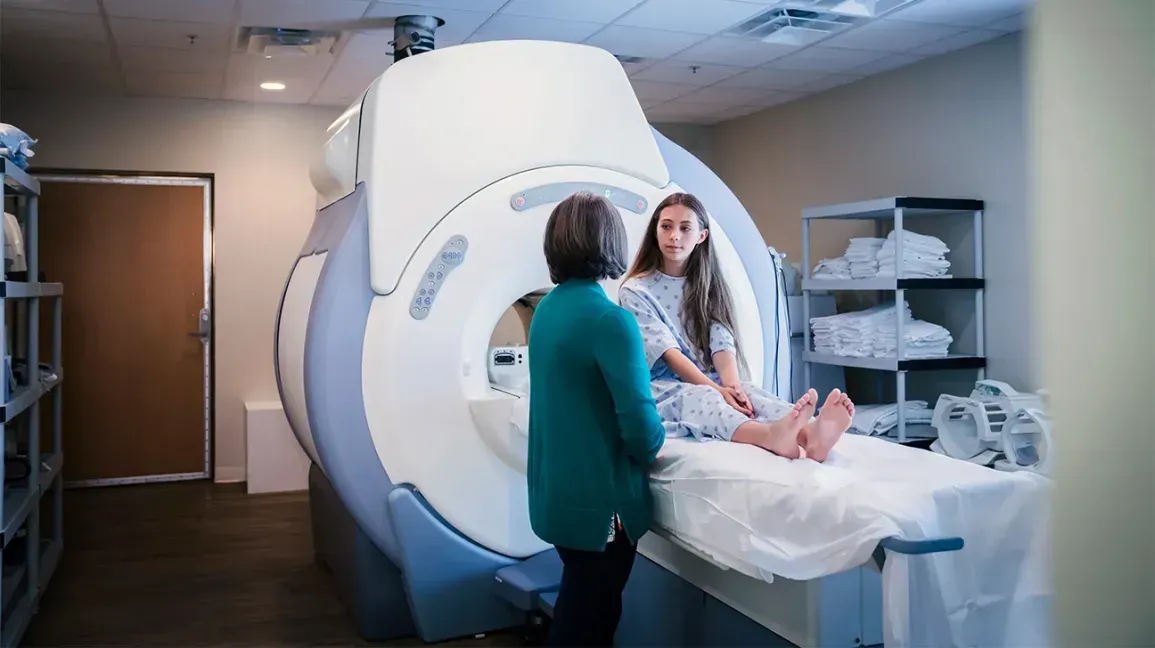
Possible Threats and Safety Measures
While MRI is usually considered safe, there are specific factors to consider connected to the solid electromagnetic fields utilized. Client testing is essential to recognize contraindications, and people with steel implants or tools might need alternative imaging approaches. Expectant individuals must also notify their doctor, as some precautions may be essential. These safety measures highlight the relevance of extensive interaction in between individuals and healthcare experts.
Advancements in MRI Technology
The landscape of MRI innovation continues to advance, with continuous research study bring about ingenious strategies. Useful MRI (fMRI) enables the visualization of brain activity, giving insights into cognitive procedures. Diffusion Tensor Imaging (DTI) allows for the mapping of white issue tracts, assisting in the study of connectivity within the mind. Spectroscopy supplies information concerning the chemical make-up of cells, providing a much more comprehensive understanding of mind health.
Conclusion
Finally, MRI mind scans have changed the area of neuroimaging, providing unrivaled insights right into the structure and function of the mind. As technology breakthroughs, so as well does our capability to diagnose and treat neurological problems with higher precision. Normal health examinations that include MRI scans can add to very early discovery and intervention, eventually enhancing individual outcomes. As we remain to explore the depths of the human brain, MRI stays a sign of clearness in the realm of medical imaging.
For those looking for the most recent in MRI modern technology and caring patient treatment, Upright MRI stands at the center. With a dedication to development and quality, Upright MRI remains to redefine the requirements of neuroimaging, making sure that every client's trip towards health and wellness is met with precision and concern.
SHARE THIS POST:
Leave a Comment:

The World's Most Patient-Friendly MRI. A comfortable, stress-free, and completely reliable MRI scan. We offer patients an open, upright, standup MRI experience that helps those who are claustrophobic and stress being in a confined area. Upright MRI of Deerfield is recognized as the world leader in open MRI innovation,
Our Recent Post
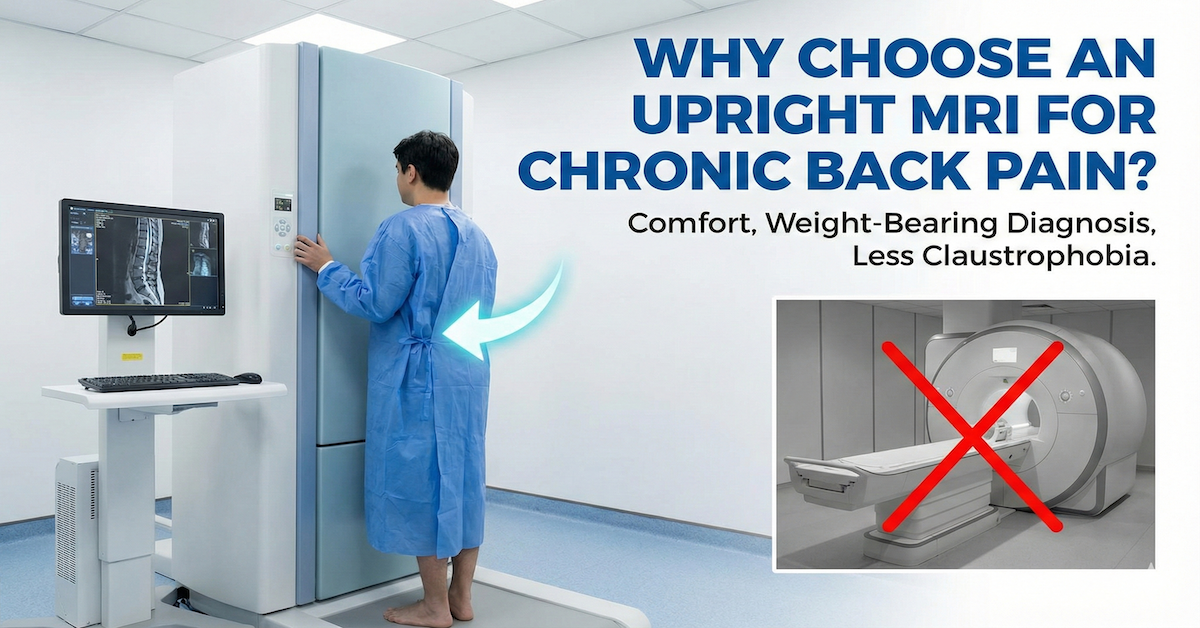
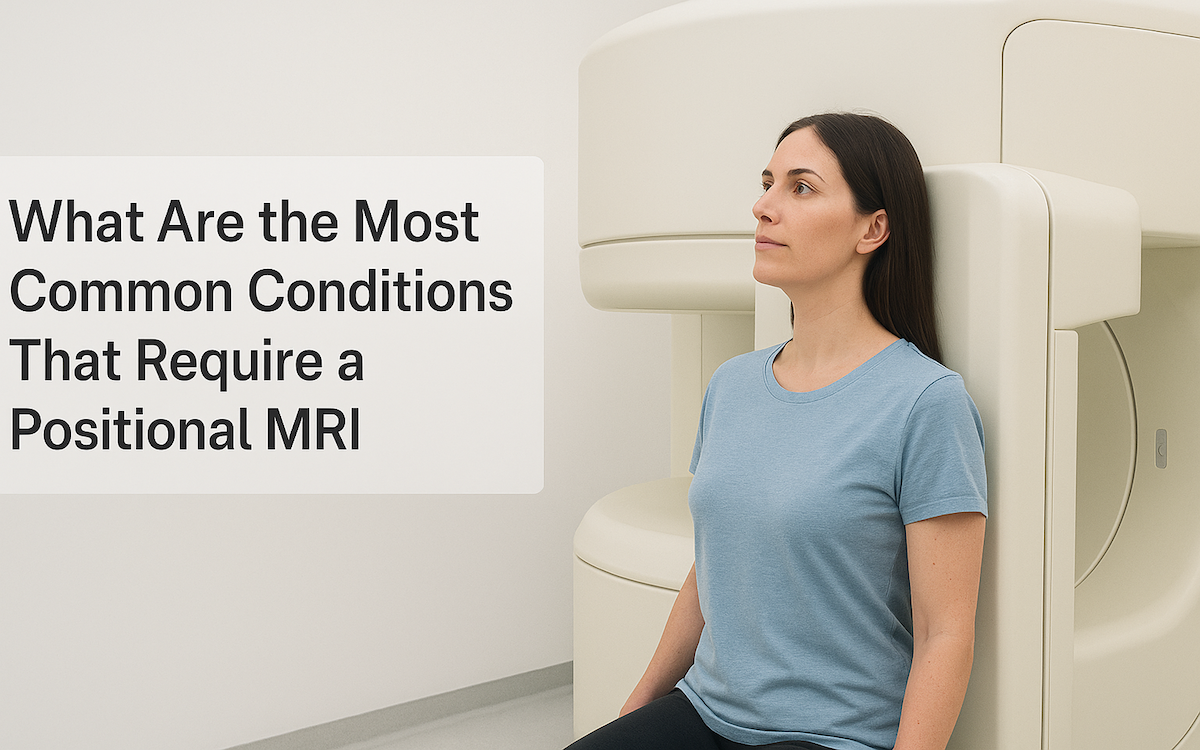
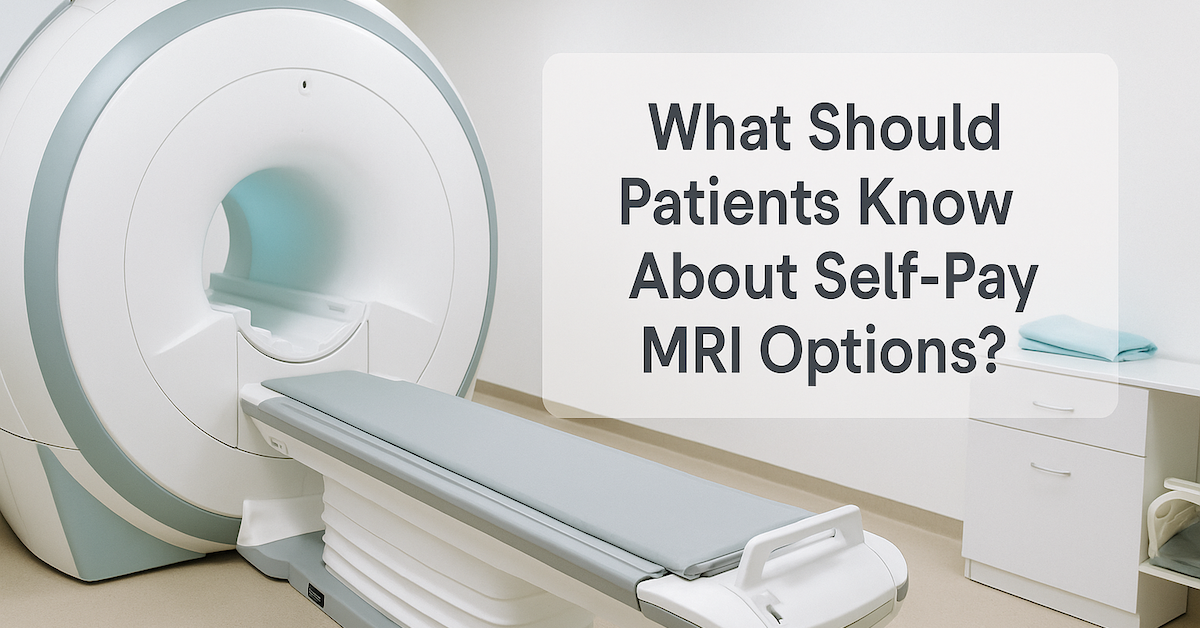
READ PATIENT TESTIMONIALS
Upright MRI of Deerfield.
Susan D.,
Highland Park, 39
I am going to tell everyone about your office! This was a great experience after I panicked in other MRI machines and had to leave. Thank you so much.

Judith B.,
Milwaukee, 61
I suffer from vertigo and other MRIs do not work. This was wonderful…absolutely NO discomfort at all. The MRI was so fast…I wanted to stay and watch the movie! Mumtaz was great. His humor really put me at ease. I’ve already recommended Upright MRI to friends.

Delores P.,
Glencoe, 55
Everything is so nice and professional with your place. I have been there a couple of times. My husband and I would not go anywhere else.

